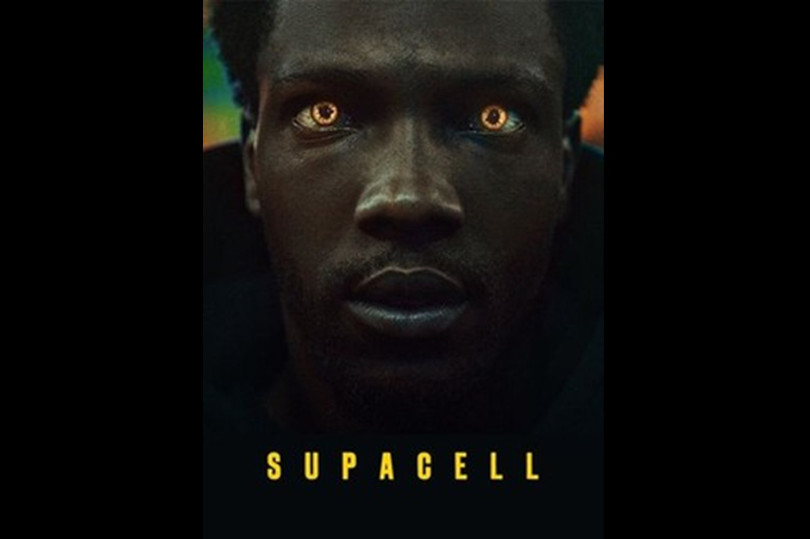If you are late to the party and have not watched Supacell, British director Rapman’s latest installment, this is your wake-up call to start it. The series has elements akin to the film Six Degrees of Separation (1993), the hero TV series Sense 8 (2015) and Heroes (2006), and the gritty crime drama Top Boy (2011). Within a week of its release, it enjoyed seemingly overnight success–ranking #2 on Netflix’s Top 10 Charts. After watching the first episode, it is easy to see why.
The six-episode series is titled after a different character, centering on the lives of 6 South Londoners. While massively different in their paths and origins, they share one common trait: having a family member with sickle cell. This one attribute is also what drives their lives straight into the fantastical.
The series opens with Michael, played by Tosin Cole, meeting up with his long-time girlfriend Dionne, played by Adelayo Adedayo. We dive headfirst into pure Black love and unbridled hope for the future. Michael, a delivery driver, intends to move his mother battling sickle cell into a better facility and marry Dionne. A new house and car are purchased, tears are shed and kisses are abundant. And then, Rapman hits us with a plot twist that keeps us on the edge of our seats for 6 episodes. Michael can control time. In doing so, he learns that Dionne will die in 3 months. This dilemma immediately made me think of the famous line from Heroes, “Save the cheerleader, save the world.” Time travel and alternate dimensions are a big plot device in media today. They beg to answer the question, “Can you change the inevitable?”
Calling Light to An Important Issue
Sickle Cell is an inherited blood disease that affects hemoglobin, the protein that carries oxygen in red blood cells. The red blood cells are turned into hard crescents, causing immense pain, comas, and even death. The life expectancy of those who suffer from sickle cell is 20 to 30 years shorter than the average. As it is an inherited disease, a person must have two parents who possess the sickle cell trait. Over 90% of sickle cell patients in the US are Black or Hispanic. Over 17,000 people in the UK suffer from this disease.
Since this largely affects Black and Brown populations, and, through Supacell, Rapman hopes to highlight the experiences of families battling it. In an interview with Bella Naija, Rapman says, “I never understood a disease that predominantly hurts black people. Because our skin is dark, something is making us weak. So I said, let me do something. Instead of making us weak, let me do something to make us strong. If something can make us weak, then something can make us strong.” Michael, alongside other “Supacells,” Andre (Eric Kofi-Abrefa), Tazer (Josh Tedeku), Rodney (Calvin Demba), and Sabrina (Nadine Mills) must band together to fight against Health and Unity, a faux organization that claims to help the very patients they abuse and exploit.
Four More Years!
Real-life social issues concerning race, gender, health equity, crime, and poverty are all touched upon, sparking several online conversations since its release. Each character must navigate the intricacies of these social politics while also learning to control their newfound abilities. Rapman also does not forget to subtly draw us in with moments of a sister’s love, a father’s pride, and pure friendships and loyalties. The cast does an amazing job of rooting for them as they succeed and feeling their dismay when they fall.
Supacell is available for streaming now on Netflix. Featured image courtesy of Netflix.


